Heath McDonald, Swinburne University of Technology and Daniel Lock, Bournemouth University
This article was originally published on The Conversation. Read the original article.
If you’d like to pitch your own article idea to The Conversation, please contact either newsdesk@bournemouth.ac.uk or rbowen@bournemouth.ac.uk.
Declining television viewership for sporting events might suggest that those of us who heralded sport as a potential saviour of traditional broadcast media had it all wrong.
In Australia, ratings for the recent one-day cricket matches were dire and the Australian Open tennis was mixed. In the UK, viewership for the British Open golf collapsed by 75% and even the once untouchable English Premier League (EPL) has seen declines in certain timeslots. Meanwhile, Formula 1 is in a slow decline that has been ongoing for almost a decade, and the NFL is down year over year as well.
But putting the numbers under closer inspection reveals other explanations. Many of these leagues are moving onto pay TV or are the victims of changing sporting tastes. Rather than dampening broadcaster enthusiasm for live sport, they show why sport should remain on free TV.
A closer look at the numbers
The Australian Open television ratings are maybe the most interesting of the bunch. The women’s final won the night in Australia, but with fewer viewers than previous years. The men’s final was a huge drawcard and viewing figures were well up from the previous year’s final. Worldwide, however, both the men’s and women’s finals were significantly up on previous years.
So, what happened to Australian tennis viewership when the women’s final was on? More sport! The women’s tennis final was up against the final of the Big Bash League (BBL) cricket, which attracted more than a million viewers to come a close second in the ratings.
The increased popularity of the BBL shows fans aren’t cutting out or cutting down sport consumption. Instead, they are substituting one format of cricket, or one sport, for another. Cricket Australia launched the BBL for this exact reason, and it has been a tremendous success.
As BBL shows, the decline in one sport can be driven by consumer sport preferences changing, rather than people abandoning sport altogether.
The EPL and Champions Leagues, previously bastions of strong viewership, have also experienced fluctuations in audience figures. That said, a closer look implies that a lack of marquee fixtures in the EPL and the qualification of historically smaller clubs (i.e., Leicester) have diminished audience interest to some extent.
Moving to pay TV
Another explanation for declining audience figures concerns sports that have moved from free-to-air broadcasters to pay television. In the UK, the transition of the British Open from the BBC to Sky television led to a 75% drop in viewing figures. The highlights package broadcast on the BBC following the conclusion of the event drew almost half a million more viewers than the live coverage on Sky. This suggests that short-run events (at least in the initial stages of the relationship), such as the Open might be insufficient to translate British Golf fans into Sky subscribers.
In Australia, Optus gained the rights to EPL by paying almost three times the amount Foxtel was paying to show it previously. This has been the subject of a large amount of fan anger ever since. Viewership through these channels is difficult to track, but Optus subscriptions do not appeared to have increased markedly since the deal. Meanwhile, ratings for the home-grown A-league, which airs on Fox Sports and SBS, are up, possibly because fans are switching from EPL for their soccer fix.
But the money being offered to move to pay TV is hard to turn down.
It looks like the next five year BBL rights could go for up to $A300 million – a three-fold increase from the A$100 million Ten paid for the initial five year deal. A big part of the BBL’s success has come from it being broadcast every night of the week, on a major free-to-air channel, at a relatively non-competitive time of year. Broadcast it on pay TV and things might change. Sure, some people will subscribe, but BBL is largely a family sport and the added subscription costs could price out a substantial proportion of the consumer market.
Still a golden opportunity for free TV
Restricted broadcast threatens the future of a sport league. All brands grow by increasing the number of people who consume them. Only free TV gives that to sports brands. The EPL story defies this logic, demonstrating exponential growth since its transition to Sky Sports in the early 90s; however, if brands choose to limit distribution to narrow channels like pay TV, the chances of brand growth are severely limited.
Advertisers and sponsors, already confused about where they should be advertising, are also big losers if sport isn’t shown on free-to-air TV. As Professor Mark Ritson explains quite colourfully, traditional media gets much better results than social media advertising and other alternatives. But to do so, it must have wide reach – it needs to be attracting large audiences. If free to air television was to lose big draw card sport broadcasts, audiences shrink and advertising there becomes much less powerful.
Whatever it costs to retain sports on FTV, it is probably worth it for both advertisers and broadcasters. And it’s not just the sports that are big right now that they should focus on. Australia’s appetite for sport is not diminishing, but it is reshaping.
A recent survey we conducted of 4,000 people Australia-wide showed that interest in the AFL women’s league (AFLW) is strong. Around two thirds of AFL fans will either watch or attend at least one game of AFLW during this upcoming season. Across all people surveyed, around 27% said they were likely to attend a game of AFLW and 38% intended to watch at least half a match on television. Even allowing for the usual difference between what people intend to do and what actually ends up happening, these numbers are strong. The AFL has wisely moved games to bigger venues in anticipation of much larger crowds than the initial 5,000 per match estimates.
AFLW stands a very good chance of being Australia’s dominant women’s sporting league – in its very first year. For a savvy broadcaster, this represents a golden opportunity.
 Heath McDonald, Professor of Marketing, Swinburne University of Technology and Daniel Lock, Senior Lecturer in Sport, Bournemouth University
Heath McDonald, Professor of Marketing, Swinburne University of Technology and Daniel Lock, Senior Lecturer in Sport, Bournemouth University
 Time restrictions based on the number of years since a researcher was awarded their PhD have been removed from
Time restrictions based on the number of years since a researcher was awarded their PhD have been removed from 
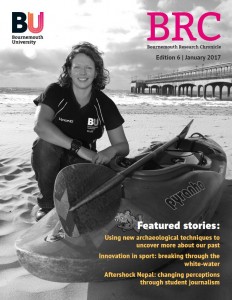
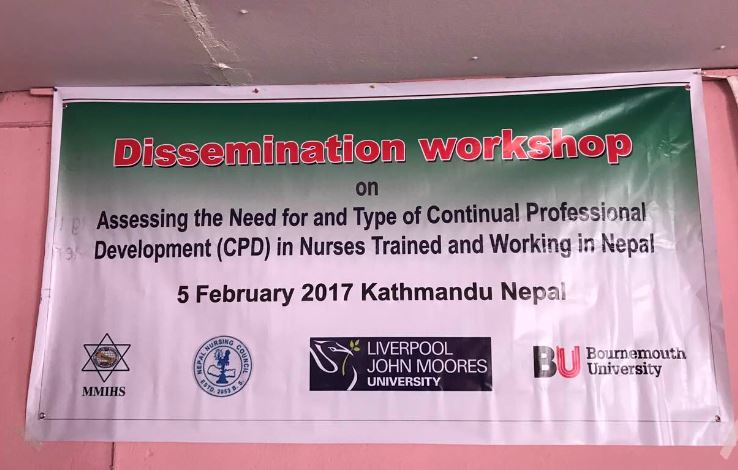

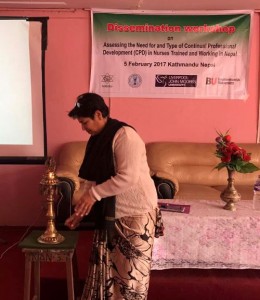
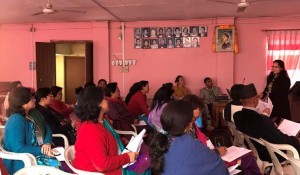



 Who should respond?
Who should respond? Every BU academic has a
Every BU academic has a 
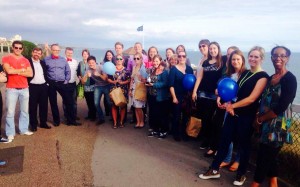


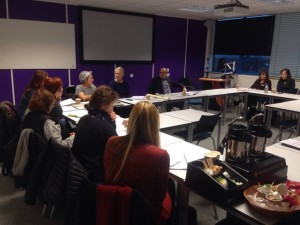











 April’s Café Scientifique – Should we help machines understand and respond to our emotions?
April’s Café Scientifique – Should we help machines understand and respond to our emotions? Postgraduate Research Experience Survey (PRES) 2024 – 2 WEEKS LEFT
Postgraduate Research Experience Survey (PRES) 2024 – 2 WEEKS LEFT Working with The Conversation: online training session – Wednesday 8th May
Working with The Conversation: online training session – Wednesday 8th May Apply for up to £1,000 to deliver an event and take part in a national festival of public engagement with research
Apply for up to £1,000 to deliver an event and take part in a national festival of public engagement with research MSCA Postdoctoral Fellowships 2024
MSCA Postdoctoral Fellowships 2024 Horizon Europe News – December 2023
Horizon Europe News – December 2023